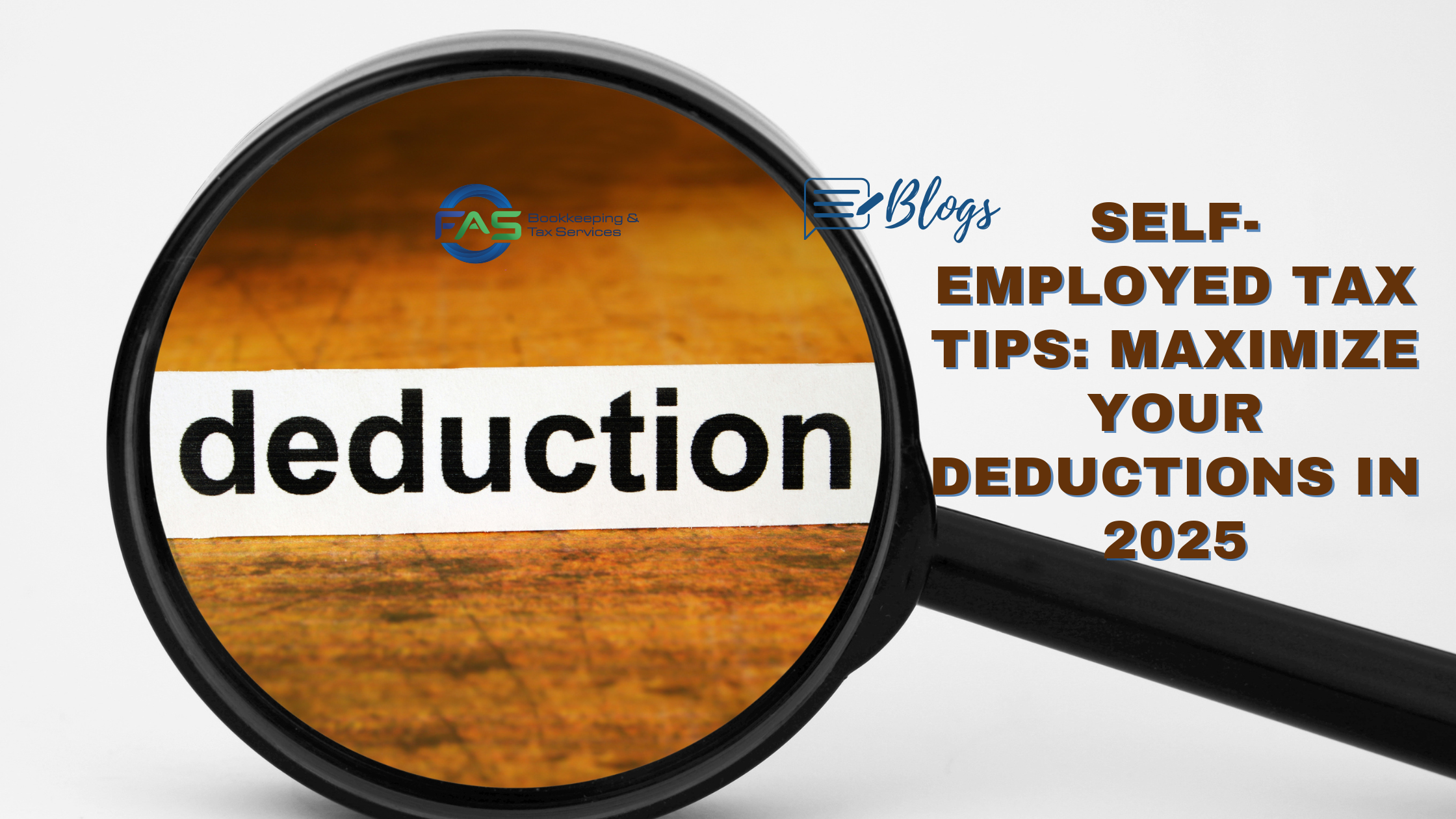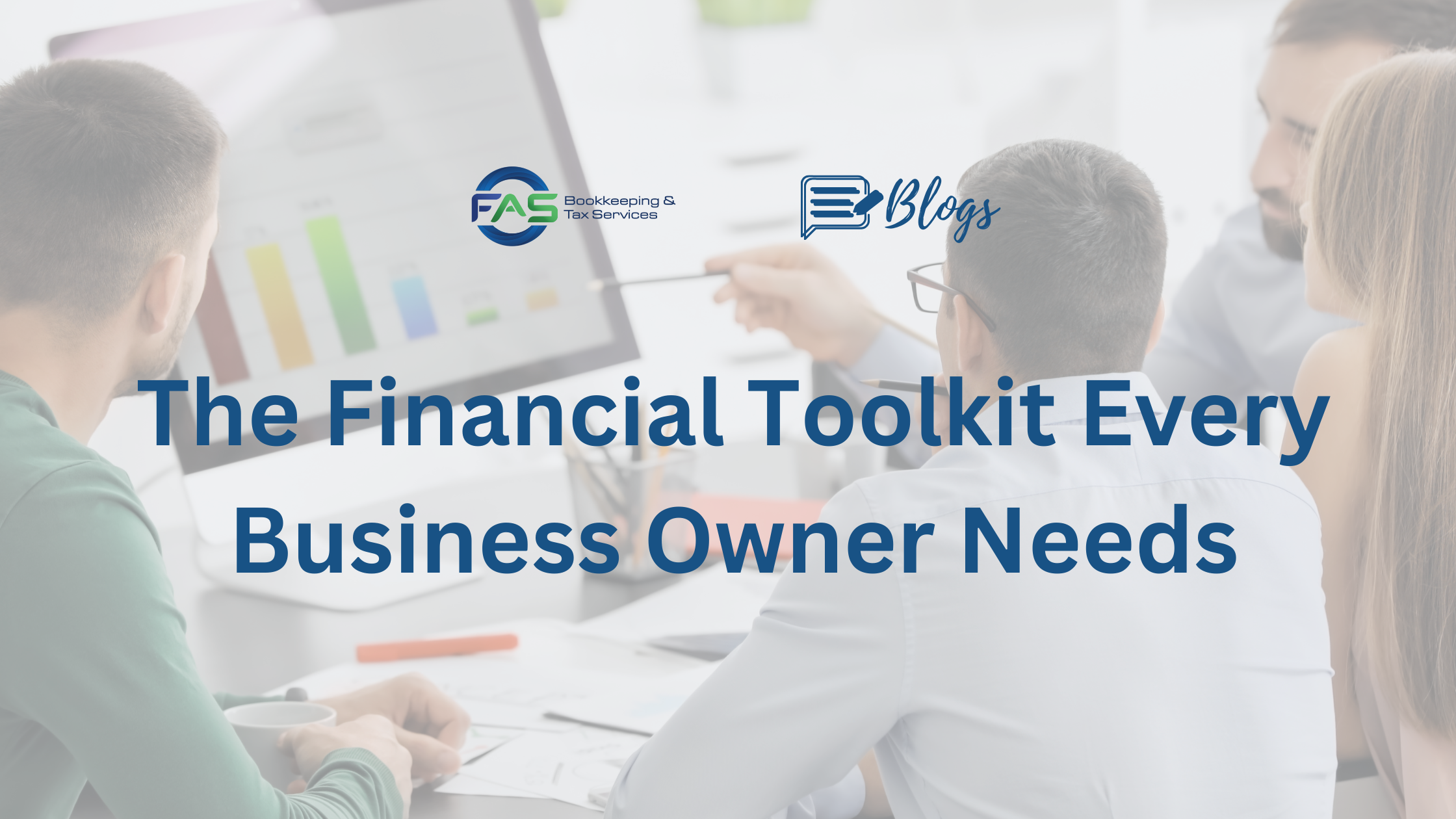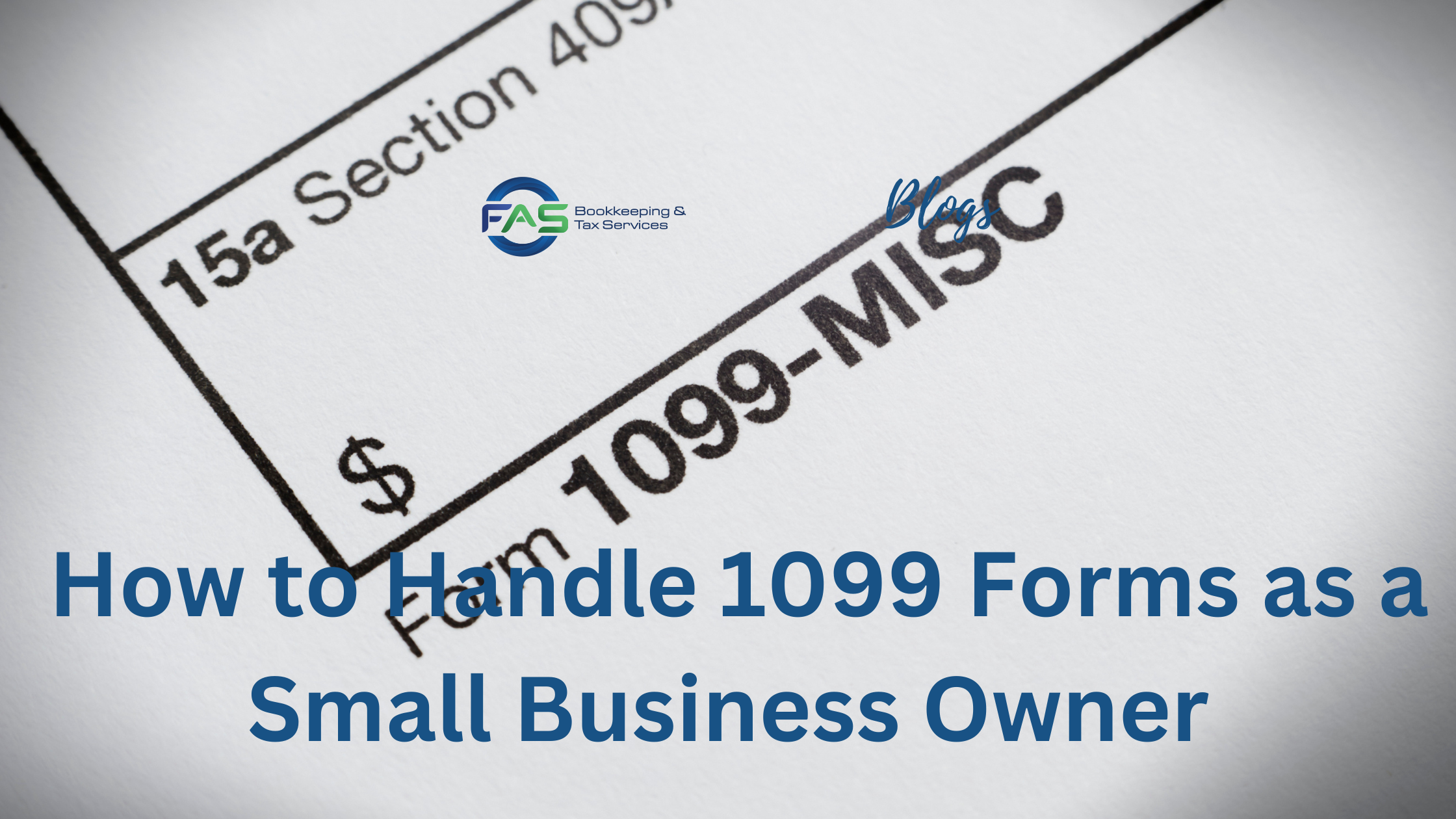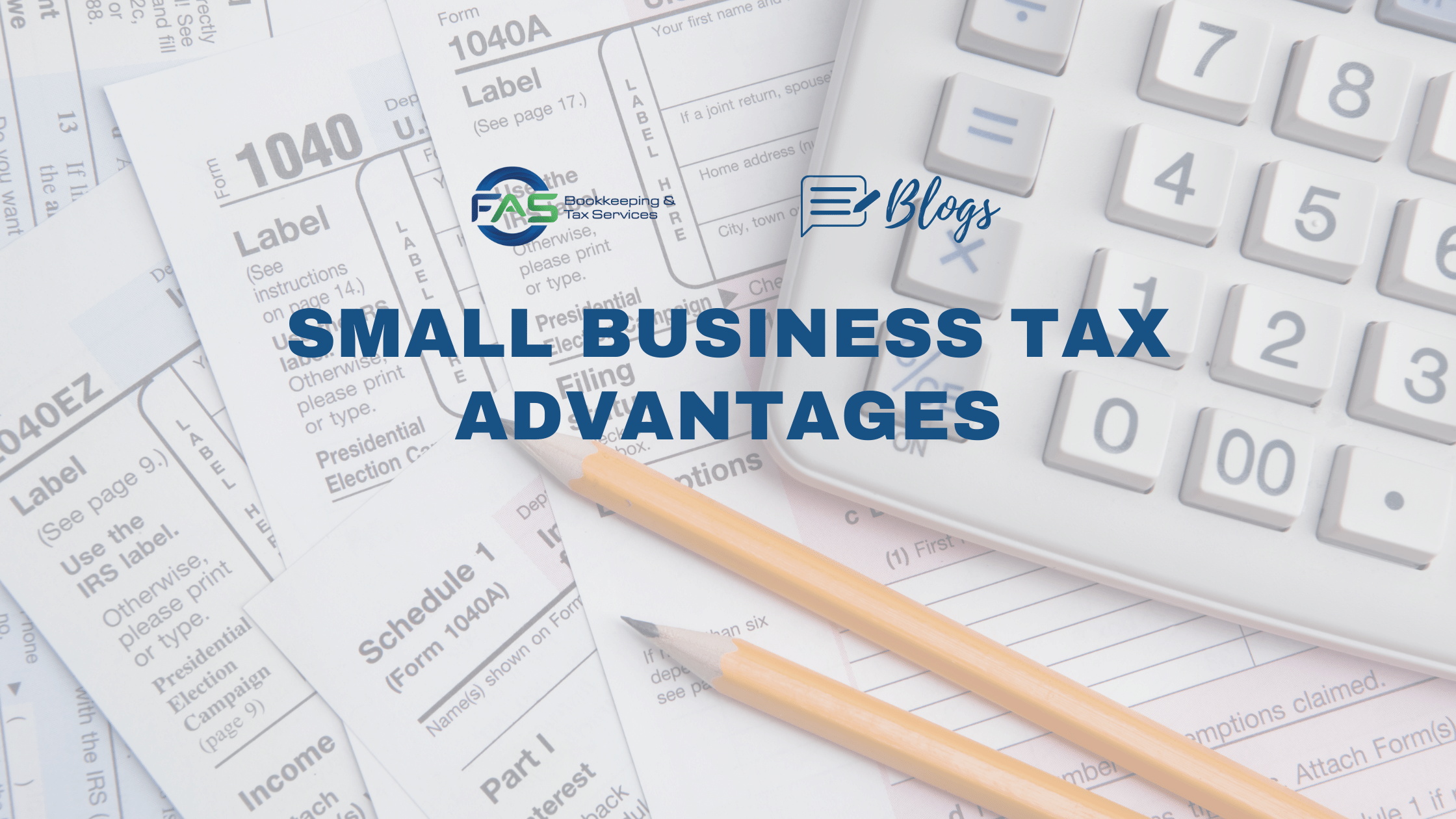Small Business Tax Advantages: Top Tier Tax Deductions
One of the many challenges that small business owners face is how to navigate the world of taxes while running their business. Here’s a rundown of some major small business tax deductions advantages for your small business.
Tax Deductions Basics:
If you still don’t know by now, a Tax Deduction or sometimes called a Tax Write-off is a type of business expense that can be deducted from your business’ taxable income. As long as the expense is categorized by the IRS as a tax deduction/tax write-off.
What basically happens is that whenever you make a deductible expense, you have the option to subtract that amount from your taxable income. It helps you lower your overall tax bill, but you have to make sure that the expenses that you plan on deducting from your taxes fit the criteria laid down by the IRS.
We’ve prepared a comprehensive list of tax deductions that are available for small business owners to take advantage of.
 How much can you save on tax deductions?
How much can you save on tax deductions?
Small business tax advantages can potentially save small business owners hundreds or even thousands of dollars when tax time comes. They just have to know what tax deductions are available for them.
There are plenty of tax deductions a small business can take advantage of, but to simplify the visualization of how much you can save on tax deductions, here’s a self-employed individual’s unique tax situation and the role tax deduction played when it comes to his tax savings:
Let’s say James is a self-employed graphic artist and he earned $70,000 in self-employment income in 2021. He had to pay 15.3% in self-employment tax and additionally income tax based on his individual tax rate. Given the rate in 2021, his self-employment tax on the $70,000 he earned is $10,710, and his individual income tax rate is $8,388, for a total tax bill of $19,098.
In the eyes of the IRS, James is single with no dependent or children, and he has no other taxable income to include in the computation.
In 2022, James contacted FAS Bookkeeping and Tax Services and they identified an amount of $7,000 made up of contractor expenses that he had no awareness of. He didn’t know it but the contractor expenses count as tax deductions and had the ability to lower his net self-employment income to $63,000.
Now that his net self-employment income reduced to $63,000, he now has a new tax bill. His previous self-employment tax bill of $10,710 is now $9,639 and his previous individual income tax bill of $8,388 is now $6,848. His new total tax bill is $16,487. By getting in touch with FAS Bookkeeping and Tax Services, James was able to include tax deductions he wasn’t aware of that resulted in a $2,611 worth of tax savings!
Keep an eye on your tax deductions!
If you own your own business, locating the deductions relevant to you on your taxes can be challenging.
Many people have a hard time with tax deductions year-round, and they end up trying to recall their expenses at the end of the year. If you don’t know what your total business expenses were last January, you might be missing out on some serious tax savings. Add them all up and you could save a lot on taxes.
Bookkeeping saves the day
Keep track of your deductions and stay on top of your monthly bookkeeping to claim these tax deductions.
Bookkeeping plays a vital role when it comes to tax deductions. The IRS won’t just take your word for it that you spent a certain amount that was deductible. They need to see your records so they can verify if you did in fact make a deductible expense. This is where accurate and up-to-date bookkeeping steps in. If you still don’t have a reliable bookkeeper by your side, send us a message and we’ll help you out!
With FAS Bookkeeping and Tax Services by your side, you can rest assured that no stone is left unturned when it comes to your bookkeeping and tax deductions. You get the peace of mind knowing that your bookkeeping is done by an experienced bookkeeper that is as dedicated to your business like you! When tax day comes, you’ve also made your life easier because our Enrolled Agent is ready to prepare your taxes for you! An efficient combination, huh?
Best Tax Deductions for a Small Business
These are the best tax deductions for a small business. Think of it as a checklist that you should always keep in mind whenever you spend something on your business. However, not all of these tax deductions are applicable to your small business’ unique tax situation. It’s best if you confer with your Enrolled Agent first prior to claiming these deductions on your tax return.
 Bank Fees
Bank Fees
Can you believe there are people out there who don’t have separate bank accounts and credit cards for their businesses?
If you’re one of them, I’m going to tell you why it’s such a great idea. First, let’s talk about money going out—specifically service charges, transfer fees, and overdraft fees. You can deduct these from your taxes! Financial institutions usually charge annual or monthly maintenance fees, so if you can get rid of these then that’s more money in your pocket at the end of the day. Also, if you use a third-party payment processor like PayPal or Stripe and they charge you a merchant fee or transaction fee when you receive money, you can deduct those costs as well!
Now let’s talk about what happens when money is coming in—specifically taxes. If you have a separate business account, then your tax obligations will be clear as day. If all of your business income is coming into one account (that is also used for your personal expenses), then it’s difficult to know exactly how much income is taxable at the end of the year.
When it comes to tracking and paying taxes on your business income, having a separate account makes things 1000x easier—and that means fewer headaches for you come.
Marketing and Advertising
You might not know it but the money you spend on Marketing and Advertising activities are fully deductible business expenses. They may include expenses such as:
- Print ads in newspapers, magazines, or trade journals
- Radio ads
- TV ads
- Printed promotional materials like brochures and flyers
- Trade show booth costs
- Purchase of digital ad space
- A new website
- Event sponsorships
- Outsourcing the creation of your business logo
- Social media marketing campaigns
Contract Labor
Hiring freelancers or contractors to help you run your business? Great news! You can write off those expenses as a business cost.
Just remember: if you pay a freelancer more than $600 during the tax year, you’ll need to send them a Form 1099-NEC by January 31st of next year.
Business Meals
Generally, up to 50% of your qualifying food and beverage expenses related to the operation of your business are deductible. For it to become eligible for a deduction, it must satisfy the following criteria:
- The expense must be made in a necessary and ordinary part of your business operation.
- Under no circumstances can the business meal be extravagant or lavish in nature.
- An employee or the owner must be present or take part in the meal.
Food provided for your employees can be considered as one of the primary small business tax advantages available for your business. For example, buying a bunch of pizzas for office consumption when your employees will be working late at night.
If you’re taking a client out to lunch, be sure to keep your receipts! For the outing, write down the amount of each expense, where and when you had the meal, and record the business relationship you have with the person you dined with. As a tip, jot down what you discussed at lunch on the back of the receipt.
Use of your car for business purposes
If you use your vehicle exclusively for business, you can claim the full cost of operating that vehicle on your taxes. If you also use your vehicle to go shopping or visit friends, then only the business-related expenses will be deductible.
You can deduct car expenses by using either one of two methods: Actual Expense or Standard Mileage. The method that gives you the biggest tax break is probably the best method for you to use.
- Actual expense method – Using this method only the actual expenses you’ve made in using the vehicle for business purposes will be deductible. All of the costs associated with the operation of this vehicle for the entire year must be recorded, things as gasoline, repairs, oil, insurance, tires, registration fees, and lease payments. Once you have recorded these costs, you need to multiply the tracked costs by a certain percentage of miles driven for business purposes.
- Standard mileage rate – With this method, you need to multiply the miles you’ve driven for business purposes during the year with the IRS’ standard mileage rate figure for the given year. In 2021, the standard mileage rate set by the IRS is $0.56 per mile driven. While in 2022, the standard mileage rate is $0.585 per mile driven. Bear in mind that you have to choose between these two methods. You can’t use one and then switch to the other one on a whim.
Business insurance
The premiums you pay for your business insurance are also a deductible!
This deductible may include:
- Liability coverage
- Property coverage for your equipment, buildings, and furniture.
- Malpractice insurance or professional liability
- Vehicle insurance for business vehicles
- Group health insurance for employees
- Business interruption insurance that covers loss of income if your business cannot operate due to a fire or some other cause
 Depreciation
Depreciation
Purchasing things like furniture, equipment, or other business assets, requires you to spread the deductibles of these assets over the course of their useful life instead of deducting the full cost once.
Bummer huh? Well, you’re not the first business owner that thought about deducting the cost of depreciation in a single year. There are actually a few ways business owners can deduct the cost of depreciation in one year instead of several years. Here are some ways the IRS allows you to do just that:
- Section 179 deduction – With the Section 179 Deduction, small business owners are allowed to deduct up to $1,080,000 of their property used in service during a tax year. Things like used and new business property as well as off-the-shelf software. Section 179 is only limited to the taxable income of a business, making it improbable to make a net loss on your return if you do claim it. However, all unused Section 179 deductions might be carried over and deducted on the following year’s tax return.
- Bonus depreciation – Almost 100% of equipment, machinery, appliances, computers, and furniture can be deducted. This is another option that small businesses can take.
- De minimis safe harbor election – The IRS has a special rule called the De Minimis Safe Harbor Election that businesses with less than $2,500 of total costs per item may expense. If you want to know more about the de minimis safe harbor election, check out the IRS FAQ about this election.
If you bought a passenger vehicle during the tax year, the IRS limits your write-offs of it. In the first year, if you don’t claim bonus depreciation, the maximum deduction is $10,100. If you do claim bonus depreciation, the maximum write-off is $18,100.
 Home office expenses
Home office expenses
If you conduct your business in a home office, a portion of your housing expenses may be deducted against your business income. There are two main ways your home office expenses can be deducted.
- Standard method – Keep track of all expenses related to your home for business use, such as utilities, any mortgage or rent you pay, real estate taxes, housekeeping and landscaping service, homeowners association fees, or repairs. Multiply the cost of these expenses by a percentage that represents how much of your home is used for business.
- Simplified method – A deduction of $5 per square foot of your house that is used for business is available. Although there is the maximum square footage of 300 square feet.
If you want to qualify for the home office deduction, make sure that you measure up in two areas:
- Primary place of business – To qualify for home office deductions, your home office must be the place where you spend most of your time doing business.
- Exclusive and regular use – To satisfy the tax code’s exclusive business use requirement, you must use a separate area of your home exclusively for business. Your dining room table won’t work; your office must have clearly delineated boundaries. If you are selected for audit by the IRS, you will want to have documentation including photos of your workspace.
If you use the standard method for calculating your home-office deduction, you will need to file Form 8829 along with your Schedule C. If you want to know more about this, get in touch with us!
Education
Education costs can be deducted when they add value to your business and improve your skills in that line of work. To qualify, education must maintain or improve the skills required in your current business.
The following is a list of possible business education expenses:
- Seminars and webinars
- Reading materials tailored to your industry
- Transportation costs to and from classes
- Classes to improve your skills in your field
- Subscriptions to trade or professional publications
- Workshops to improve your skills and expertise
Keep in mind that the costs of education that qualify you for a new career, or the costs of education outside the scope of your business, do not qualify as business deductions.
Legal and professional fees
Deductible business expenses include legal and professional fees, as well as other costs you might incur when running your business, such as service fees charged by accountants, tax preparers, lawyers, and online bookkeeping services such as FAS Bookkeeping and Tax Services.
If the fees you pay to your lawyer include payments for work of a personal nature, you can only deduct the part of the fees that’s related to your business activity.
Interest
If you borrow money from a lender like a bank or from a credit card company to cover business expenses, you can reduce your taxes as long as you meet the following requirements:
- Mutual intent between the lender and lendee for the debt to be paid – If your loan doesn’t have to be paid back, that’s considered a gift.
- An undeniable debtor/creditor relationship – The IRS generally views loans between related parties, such as family members, as gifts, thus taxable at the time they’re given. If you use the accrual method to account for your business revenues and expenses, you cannot deduct interest owed to a related person until the payment is made.
- Legal liability for the debt – For instance, a son who borrows money from his parents and uses it to start a business is not considered liable for the debt—even if he pays back all of the interest.
Remember that if a loan is part business and part personal, you need to allocate the interest between the business and personal parts of the loan.
Licenses and taxes
Various licenses and taxes in relation to your business can be deducted. The following may be included:
- State income tax
- Payroll tax
- Personal property tax
- Real estate tax paid on business property
- Excise tax
- Sales tax
- Fuel tax
- Business licenses
Retirement contributions
You can deduct contributions to an employee retirement account as a business expense, but there are limits to the amount you can deduct. To learn more about these plans and the deduction limits, check out the latest IRS publication regarding this matter. This small business tax advantage promotes the continuous contribution to retirement funds.
Health care expenses
Another small business tax advantage available for you is the deduction of health insurance premiums. This can reduce your taxable income. Out-of-pocket medical costs, such as office co-pays and the cost of prescriptions, are also deductible and are normally included in itemized deductions on Schedule A.
Self-employed business owners can deduct health insurance premiums for themselves, their spouses, and dependents on Schedule 1 of Form 1040. Those who participate in a spouse’s employer-sponsored plan, however, cannot claim a deduction for the premiums.
Internet and telephone expenses
Nowadays, internet and telephone services are vital for any business to properly function. So naturally, it is one of the small business tax advantages you can use for your business.
Remember that if you have a landline at home, you cannot deduct the cost of your first line even if you use it solely for your business. However, if you have a second landline devoted to your business, the cost of that line is deductible.
If you use a cell phone or internet connection for both personal and business reasons, you can only deduct the percentage allocable to business use. Keep detailed records of your deduction and be prepared to show them to the IRS if you are audited.
Travel expenses
To meet the criteria for business travel, a trip has to fulfill two basic requirements: You have to be engaged in business activities, and you have to be away from your “tax home.” Your tax home is the entire city or area in which you conduct business. You also need to travel away from your tax home for longer than a normal day’s work, requiring you to rest or sleep en route.
Here are the expenses that the IRS gave its thumbs up on:
- Parking and toll fees
- Travel to and from by train, plane, bus, or car
- Car use while at the business location
- Tips
- Meals and accommodation
- Business calls
- Shipping of baggage or display materials to your intended destination
- The cost of taxis
Because you can deduct your business expenses only if you can prove that they are ordinary, necessary, and directly connected with your business, it’s a good idea to keep as detailed records of your business expenses as possible.
Bottomline
There are plenty of small business tax advantages available for your business to use. Small Business tax advantages help lessen the amount of tax you pay on your total income, tax deductions are a key part of frugal, tax-saving strategies. Good record keeping will make sure the deductions you’ve claimed are valid.
Have a team of experienced and dedicated bookkeepers by your side to track and record all of your expenses so you can get the most out of applicable deductions! Where can you find a team of experienced and dedicated bookkeepers you ask? Well, look no further!
Send us a message today and they’ll get in touch with you shortly.





